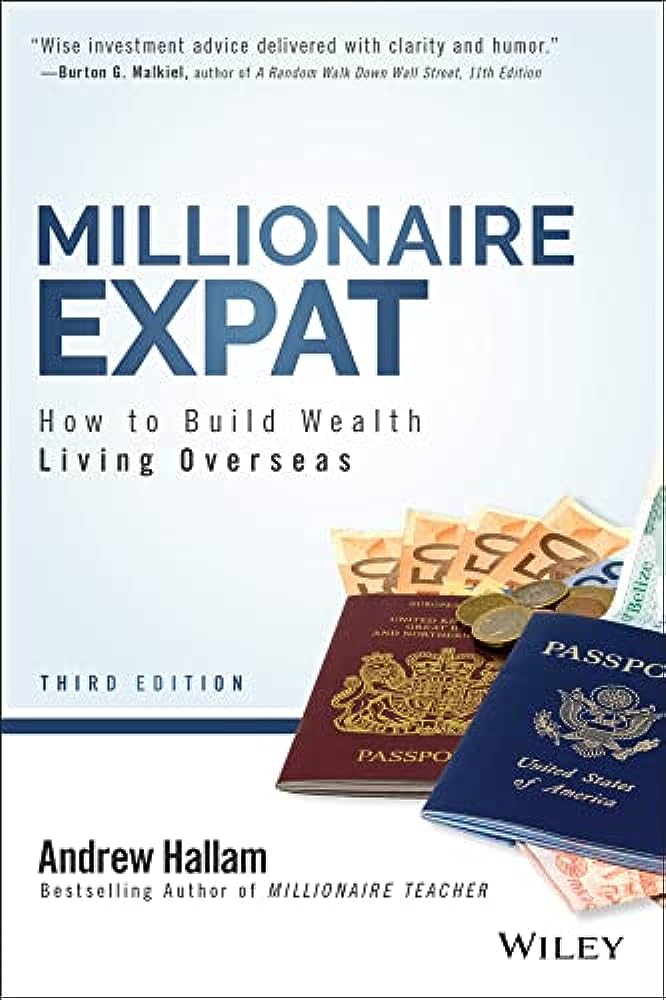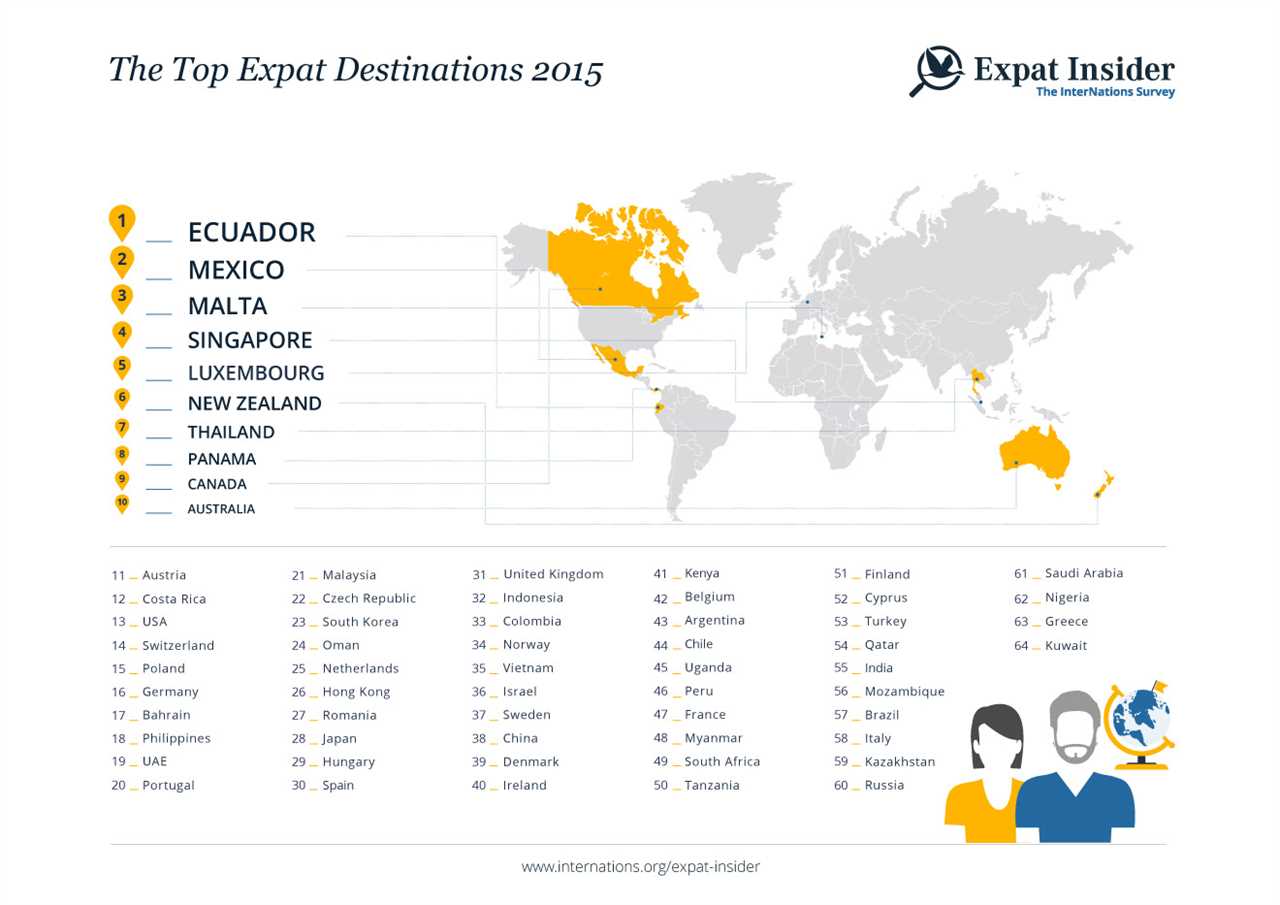
Expat life can be an exciting adventure for families, but it also comes with its unique challenges.
In this article, we will explore eight essential tips to help you navigate expat family life with ease.
From finding the right international schools and childcare services to discovering family-friendly activities and locations, we will provide practical advice and support to make your transition smoother.
Stay tuned as we delve into parenting support, kids' health services, family safety, and the school admission process.
International Schools
International schools provide a valuable educational option for expat families relocating abroad. These schools offer a unique environment that caters to the needs of expat children and fosters a sense of community among families who are navigating life in a foreign country.
One of the biggest challenges faced by expat families is language barriers, and international schools address this concern by providing bilingual or English-medium education. This ensures that children can continue their education seamlessly without the added stress of language difficulties.
Additionally, international schools often have a diverse student population, exposing children to different cultures and perspectives, which can greatly enrich their educational experience. The supportive and inclusive nature of these schools helps expat families feel more at home in their new surroundings, providing a solid foundation for their children's academic and social development.

Childcare Services
Childcare services play a crucial role in supporting expat families as they navigate life abroad. When relocating to a new country, parents often find themselves in need of reliable and trustworthy caregivers for their children. Nanny agencies can be a valuable resource in connecting families with experienced and qualified nannies who can provide personalized care in the child's own home. These agencies typically conduct thorough background checks and ensure that nannies have the necessary certifications and qualifications.
Additionally, after school programs can offer a safe and stimulating environment for children to engage in educational and recreational activities while their parents are at work. These programs can provide a structured routine, opportunities for socialization, and additional academic support. Expats can find peace of mind knowing that their children are well taken care of while they focus on their professional and personal endeavors.
Family Activities
To further enhance the expat family experience, it is important to prioritize engaging family activities that allow for quality time and cultural exploration. Here are three ideas to consider:
Outdoor adventures: Take advantage of the natural beauty of your new surroundings by exploring parks, hiking trails, or beaches. Engaging in outdoor activities such as picnics, bike rides, or nature walks not only promotes physical health but also creates opportunities for family bonding and appreciation of the local environment.
Cultural exploration: Immerse your family in the local culture by visiting museums, historical sites, or attending cultural events and festivals. This will not only educate your children about the customs and traditions of their new home but also foster a sense of belonging and understanding.
Family-friendly workshops or classes: Look for activities specifically designed for families, such as cooking classes, art workshops, or language lessons. These interactive experiences will not only provide valuable skills but also create lasting memories for the whole family.
Child-friendly Locations
When searching for suitable locations for expat families, it is important to consider child-friendly options that offer a safe and nurturing environment. Expat families often seek out destinations that provide a range of activities and amenities specifically designed for children.

One key aspect to consider is the availability of kid-friendly restaurants. These establishments cater to families and offer menus that appeal to children, ensuring that dining out becomes an enjoyable experience for everyone.
Additionally, family-friendly accommodations are essential for expat families. These accommodations provide facilities such as play areas, swimming pools, and entertainment options that are suitable for children of all ages.
Opting for child-friendly locations that offer these amenities will contribute to a smooth transition for expat families and create a positive environment for their children.
Parenting Support
One essential aspect to consider when navigating expat family life is the availability of comprehensive parenting support. Being in a new country away from extended family and familiar support systems can be challenging for parents. However, there are various resources available to provide assistance and guidance.
Here are three valuable options to consider:
Parenting Workshops: Many expat communities offer parenting workshops that focus on topics such as communication, discipline, and cultural integration. These workshops provide a supportive environment to learn and share experiences with other parents facing similar challenges.
Online Resources: The internet is a treasure trove of parenting resources. From blogs and websites to online forums and social media groups, there are numerous platforms where expat parents can connect, seek advice, and learn from experts and fellow parents.

Expat Parenting Groups: Joining local expat parenting groups can provide a sense of community and camaraderie. These groups often organize playdates, events, and support networks, allowing parents to connect with others who understand the unique challenges of expat family life.
Kids Health Services
Navigating expat family life requires access to reliable and comprehensive kids health services, ensuring the well-being of children in a new country away from familiar healthcare systems.
When living abroad, it is essential to research and understand the pediatric healthcare options available in your new location. Look for healthcare providers who specialize in treating children and offer services such as routine check-ups, vaccinations, and emergency care.
It is also important to familiarize yourself with the local healthcare system, insurance coverage, and any cultural differences that may impact your child's healthcare experience.
Additionally, consider the option of home schooling if you are concerned about the quality of education or if your child has specific needs that may not be met in the local school system.
Family Safety
To ensure the safety of your family while living abroad, it is crucial to take proactive measures and prioritize their well-being. Being aware of potential safety risks and having emergency preparedness plans in place can help you navigate any unforeseen circumstances. Here are three key tips for keeping your family safe:
Safety awareness: Familiarize yourself with the local laws, customs, and potential risks of your host country. Stay updated on travel advisories and ensure your family understands the safety precautions specific to your new environment.

Emergency preparedness: Create a family emergency plan that includes communication strategies, emergency contacts, and evacuation routes. Familiarize yourself with local emergency services and medical facilities.
Secure living arrangements: Choose a safe neighborhood and ensure your home has proper security measures, such as sturdy locks, alarm systems, and well-lit areas. Regularly inspect and maintain safety equipment, like fire extinguishers and smoke detectors.
School Admission Process
When it comes to navigating the school admission process as an expat family, there are a few key points to keep in mind.
First, make sure you gather all the required documents and meet the deadlines set by the schools.
Additionally, familiarize yourself with the admission criteria and process, as this will help you understand what the schools are looking for and how to best prepare your child for a successful application.
Required Documents and Deadlines
During the school admission process as an expat family, it is crucial to ensure that all the required documents are prepared and submitted within the specified deadlines. Failing to meet these deadlines could result in delays or even rejection of your child's application.
To navigate the process smoothly, here are some key documents to prepare:

- Visa requirements: Make sure you have the necessary visas for your family members, as these may be required for school admission.
- Residency permits: Some countries may require residency permits for expat families. Check with the local authorities to ensure you have the appropriate permits.
In addition to these, other documents that may be needed include:
- Proof of identity: This could be passports or birth certificates for both the child and parents.
- Academic records: Provide transcripts or report cards from the child's previous school.
- Immunization records: Ensure your child's vaccinations are up to date.
Admission Criteria and Process
As expat families navigate the school admission process, it is essential to understand the admission criteria and process. Evaluating the admission criteria is crucial in ensuring that your child meets the requirements of the school. Common criteria include academic performance, language proficiency, and behavioral records. It is important to thoroughly review these criteria before applying to a school to avoid disappointment or wasted effort.
Additionally, understanding the admission process timeline is vital for planning and preparation. Schools often have specific deadlines for applications, interviews, and submission of required documents. Being aware of these timelines will help you stay organized and ensure a smooth application process.
Frequently Asked Questions
What Are Some Common Challenges Faced by Expat Families When It Comes to Adjusting to a New Country?
Adjusting to a new country can pose challenges for expat families. Cultural adaptation and language barriers are common hurdles. Expats must navigate unfamiliar customs, traditions, and languages, which can impact their overall sense of belonging and integration.
Are There Any Resources or Support Groups Available for Expat Parents Who Are Struggling With the Cultural Differences in Parenting Styles?
Expat parents facing challenges in adjusting to cultural differences in parenting styles can find support and resources through various avenues such as online forums, local expat communities, and international schools, which offer guidance and assistance in coping with these unique circumstances.
How Can Expat Families Ensure Their Children Maintain a Sense of Connection to Their Home Country While Living Abroad?
To maintain cultural identity while living abroad, expat families can encourage children to embrace their home country's traditions, language, and values. Building a support network of fellow expats can provide a sense of belonging and understanding in navigating this unique experience.
What Are Some Important Factors to Consider When Choosing a Child-Friendly Neighborhood as an Expat Family?
When choosing a child-friendly neighborhood as an expat family, it is important to consider factors such as safety precautions, access to schools and amenities, proximity to other families, and opportunities for cultural integration.

Are There Any Specific Health Considerations or Vaccinations That Expat Families Need to Be Aware of When Moving to a New Country?
When moving to a new country, expat families should be aware of specific health considerations and required vaccinations. It is important to research the local healthcare system and consult with healthcare professionals to ensure the well-being of the entire family.
 Liveaboard LifestyleTravel DestinationsExPat Places to LiveRV LifeDigital Nomad TravelPrivacy PolicyTerms And Conditions
Liveaboard LifestyleTravel DestinationsExPat Places to LiveRV LifeDigital Nomad TravelPrivacy PolicyTerms And Conditions
